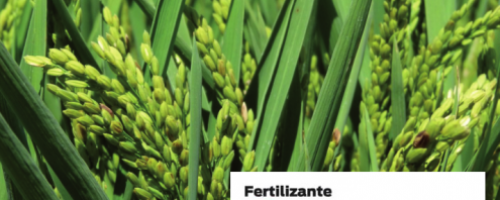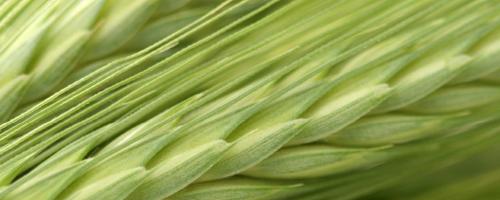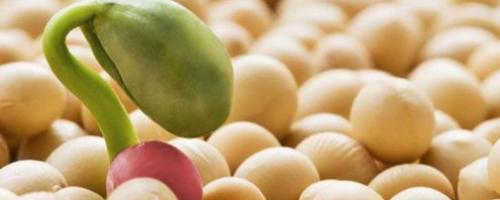News
Liebig’s Law of the Minimum states that growth is not controlled by the total amount of resources available, but by the scarcest resource. Although it has many detractors, today it is more valid than ever.

This August, Rizobacter’s biofungicide has been approved by The National Service for Agri-Food Health and Quality (SENASA) for its use on Organic Production (N° RNTV: 38004). Together with the certification already given by Argencert, it consolidates as a real tool for the control of pathogens in organic systems for food production.

Even though the harvest progresses pleasantly, with average results above the mean, some reports received by our Technical Service show very dissimilar yields, even when plots are divided by a wire fence. This is because the productivity gaps prevail even when water does not seem to be a limiting factor.

Although the land of whisky has historically not been used to produce soybean because of the weather conditions, there is always room for innovation. This is the case of a group of researchers from the James Hutton Institute that have been working intensively with legumes in Europe, trying to increase its production and consumption.

New technology, unique in the Argentine market, favors the quality and the treatment of seeds, while simplifying sowing logistics. The company aims to expand its product to foreign markets.

The aim is to incorporate this key nutrient during the treatments of wheat, corn, sorghum and rice seeds.

Bearing in mind the demand of international markets, the company has tripled its capacity of storage and optimization of product dispatching intelligence. The project contemplates the reduction of energy use and the development of a fire prevention network.

Aiming to increase productivity while generating sustainability, the company launched in Argentina an inoculant that responds to drought and high temperatures and it is the first bio-fungicide for the control of diseases in seeds, which has wider residual power and a better use of disease resistance.

Launched in Argentina this year, Rizoliq Dakar was recognized as the new inoculant tolerant to high temperatures and hydric deficiency.
